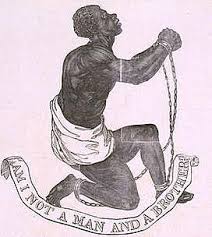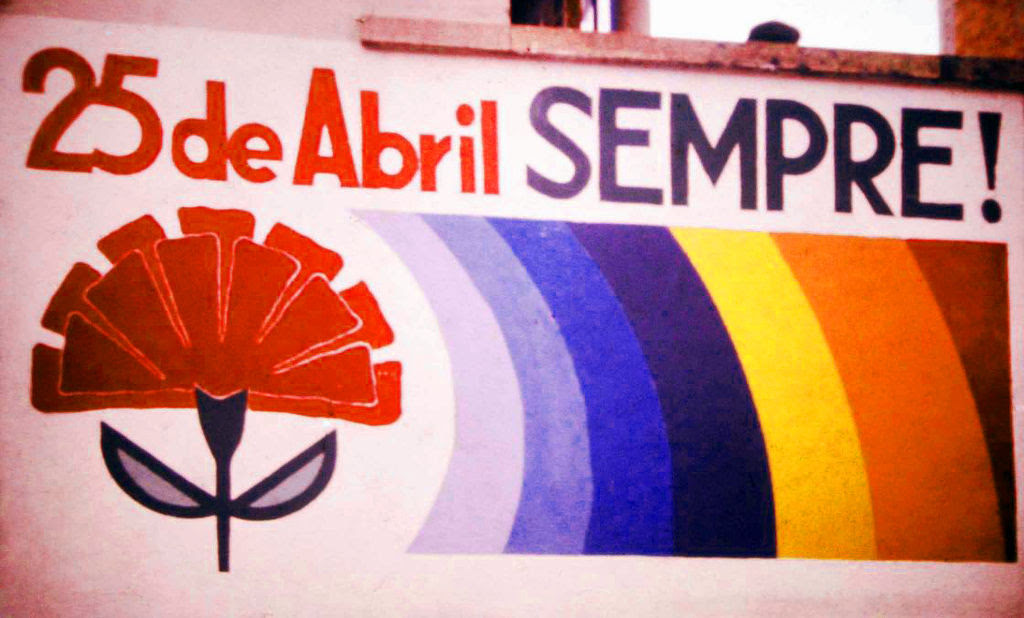the French Revolution:


the Haitian Revolution:


VIDEO SEGMENT: Revolutions in the Americas
Enlightenment ideas also had dramatic effects in both the Caribbean and in South America. This segment uses the examples of the Haitian revolution and the independence movements led by Simon Bolivar to explore these effects. In Haiti, Enlightenment ideas — especially as reflected by the French Revolution — were received differently by the different social groups on the island. While whites tended to interpret Enlightenment ideals in terms of better colonial representation or greater social equality between whites, free blacks interpreted them in terms of racial equality. Meanwhile, slaves interpreted Enlightenment ideas in terms of emancipation.
These competing interpretations led to conflict, and in 1791 slaves and free blacks engineered a massive revolt. Toussaint L'Ouverture, a free black, emerged to lead the struggle. Although L'Ouverture himself died in a French prison in 1801, his followers eventually defeated the French and declared themselves citizens of the new republic of Haiti — the first nation in history to grant full citizenship to former slaves.
Enlightenment ideals also influenced Simon Bolivar, a wealthy South American plantation owner, who became committed to freeing the region from Spanish control. Bolivar, who like Benjamin Franklin traveled widely in European Enlightenment circles, sought to adapt Enlightenment ideas to the particular situation of the South American colonies. Bolivar did not trust the masses to rule, and in any case he believed that the class and racial divisions between Europeans, Native Americans, and blacks in South America would doom republican-style governments to failure. Instead, he chose a combination of representative government and authoritarian leadership — which in turn created a unique social and political landscape in South America.
[...]
Venezuela's revolution against Spain:


the 1917 Russian Revolutions:






images from the Spanish Civil War


The Carnation Revolution (Portuguese: Revolu
The name "Carnation Revolution" comes from the fact that almost no shots were fired and when the population took to the streets to celebrate the end of the dictatorship and war in the colonies, carnations were put into the muzzles of rifles and on the uniforms of the army. The Portuguese celebrate the national holiday of Freedom Day on 25 April every year to celebrate the revolution.
[...]

No comments:
Post a Comment